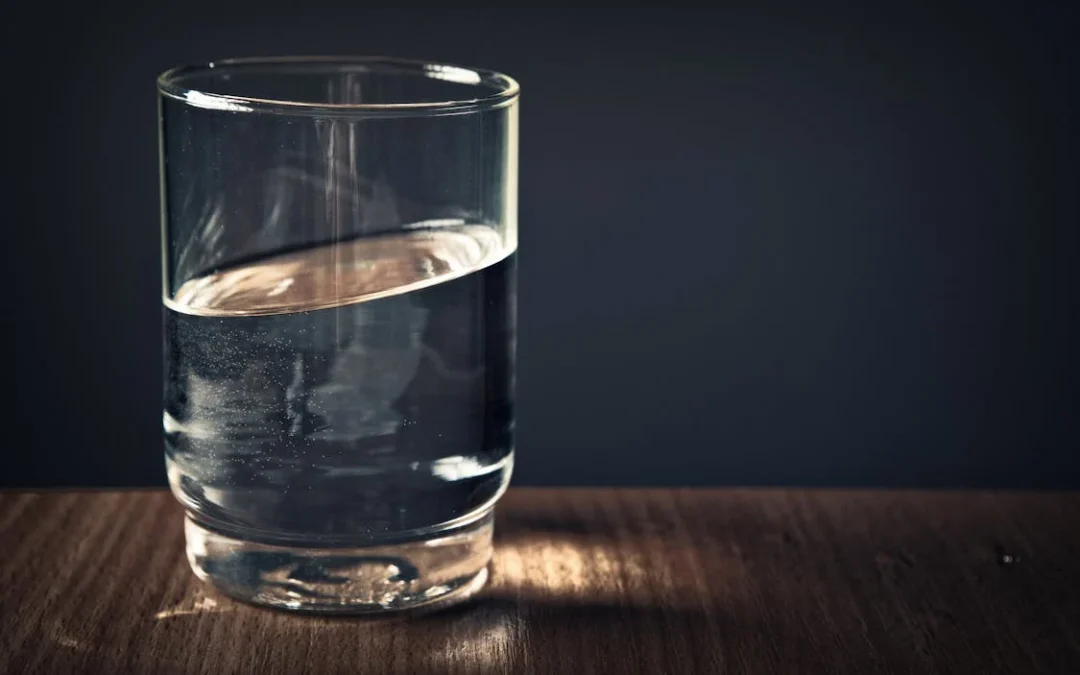Imagine turning on the kitchen tap in your Concord house. You are expecting a refreshing glass of water, only to find that it’s cloudy, smells odd, or tastes strange. It’s a scenario no one wants to experience. Yet, many people unknowingly rely on systems that could compromise their water quality.
So, how can you ensure that the water flowing from your faucet is clean and safe to drink? The answer lies in having the right plumbing systems in place.
A properly maintained system can make all the difference in providing fresh, contaminant-free water for your family. In this article, we’ll explore how to safeguard your drinking water with simple yet essential plumbing practices. Continue reading!
Why Your Plumbing System Matters
The plumbing system in your home is responsible for carrying water from municipal supplies or wells to your taps. Poor-quality pipes, improper installations, or aging systems can lead to contamination. Issues like lead leaching, bacterial buildup, or rust can degrade water quality. A well-maintained water system safeguards your drinking water, ensuring it remains clean and healthy for your family.
For that purpose, one must connect with a credible plumbing company in Concord that provides one-stop solutions. Some companies even bestow same-day service. This makes it a very convenient experience for you. A licensed plumber can assess your system, identify potential issues, and provide timely repairs to prevent water contamination. They can also assist you in different other ways. Read out the given pointers below!
Choosing the Right Materials
The materials used in the water system play a critical role in maintaining water quality. Here are some common options that the experts prominently suggest:
- Copper Pipes
- Copper is durable, corrosion-resistant, and does not leach harmful chemicals into the water. It’s a popular choice for potable water systems.
- PEX Pipes
- Cross-linked polyethylene (PEX) pipes are flexible, easy to install, and resistant to scaling. They’re also less likely to develop leaks.
- PVC and CPVC Pipes
- Polyvinyl chloride (PVC) and chlorinated polyvinyl chloride (CPVC) pipes are affordable and non-toxic when used in cold water systems.
- Stainless Steel Pipes
- These pipes are highly durable and resistant to corrosion but tend to be more expensive than other options.
Choosing certified, high-quality materials can reduce the risk of contamination. This also leads to long-lasting plumbing systems.
Regular Maintenance and Inspection
Even the best water systems require regular maintenance to stay in optimal condition. The professionals can help you with this. Here are a few steps they might take:
- Inspect for Leaks
- Leaks can introduce contaminants into the water supply. They check pipes, faucets, and joints for signs of wear and tear.
- Clean Fixtures
- Deposits and debris can accumulate in faucets and showerheads, potentially harboring bacteria. The pros clean these fixtures to maintain hygiene.
- Flush the System
- If water has been sitting stagnant in pipes for an extended period, the experts suggest you flush the system to remove any accumulated contaminants.
Install Water Filtration Systems
While a good piping system minimizes contamination risks, adding a water filtration system provides an extra layer of protection. Filtration systems can remove impurities like chlorine, heavy metals, and bacteria. You may use:
- Point-of-Entry Filters
- These filters treat all the water entering your home, ensuring clean water for every use.
- Point-of-Use Filters
- Installed directly on faucets, these filters target water used for drinking and cooking.
- Reverse Osmosis Systems
- These advanced systems remove a wide range of contaminants, including chemicals and microbes, providing exceptionally clean drinking water.
Preventing Backflow Contamination
Backflow occurs when water flows in the opposite direction, potentially pulling contaminants from sources like sewer lines into your clean water supply. To prevent backflow:
- Install Backflow Preventers
- These devices ensure water only flows in one direction. This, in turn, protects your drinking water from contamination.
- Maintain Proper Water Pressure
- Sudden drops in water pressure can cause backflow. Regularly monitor and maintain stable water pressure levels.
Dealing with Aging Plumbing Systems
If your home has an older water system, it may be time for an upgrade. Older pipes, particularly those made of lead or galvanized steel, pose a significant risk to water quality.
- Replace Lead Pipes
- Lead can leach into water, especially in older systems. Replacing lead pipes is crucial for ensuring safe drinking water.
- Upgrade Galvanized Steel Pipes
- These pipes are prone to rust and corrosion, which can introduce contaminants. Switching to modern materials like PEX or copper can improve water quality.
Conclusion
Safe drinking water is a cornerstone of a healthy home, and the right piping system is key to achieving it. From selecting high-quality materials to performing regular maintenance, every step contributes to clean, uncontaminated water. Also, by working with experienced plumbers, you can safeguard your family’s health for years to come.

Recent Comments